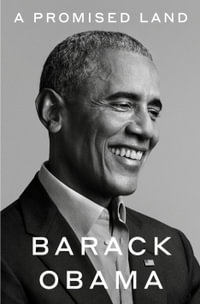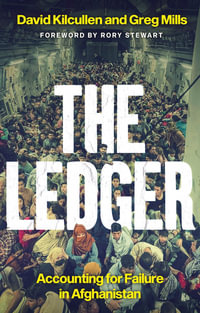"Anderson is a retired foreign service officer whose extensive involvement in Asian affairs makes him eminently qualified to address the key issues confronting US foreign policy towards ...[this] region. He was appointed as [the first] American charge d'affaires when . . . [relations were] normalized with Vietnam . . . The book is a comprehensive yet readable account of US-Vietnamese relations since the long delayed rapprochement and provides an insider's view of Vietnam's struggle to reform its political and economic structure to achieve relevance in the age of globalization. The most rewarding feature informs the reader that there is much more to US-Vietnam relations than the POW/MIA issue, which has occupied mainstream media attention. The birth pangs of a newly unified nation and the challenge of refashioning a socialist national economy under the homogenizing pressures of the capitalist world order are discussed with great insight and sympathy. Recommended for students studying Asian affairs and US foreign policy in general, and for the general public interested in issues surrounding globalization. All levels." --Choice
" . . . contributes significantly to understanding how the United States normalized relations with Vietnam. Anderson maintains a remarkable and commendable spirit of hope for the future of Vietnam and US-Vietnamese relations. An American in Hanoi is relentlessly upbeat, providing a welcome antidote to grouchy journalists and political scientists who still describe one of the fastest-changing societies on earth as 'stagnant' and 'sclerotic' . . . highly recommended reading." --Interchange
"This book melds personal story, diplomacy in action, historical context, economic analysis, prognosis and policy prescriptions. Anderson's advocacy of engagement . . . will provoke supporters and critics alike, thus serving the larger purpose of a national dialogue on a subject that continues to haunt the American psyche." --Winston Lord
." . . Here are the portraits and views of today's Vietnamese ranging from Politburo members and military leaders to the people on the street, most of whom are seeking to find ways to work with Americans." --Don Oberdorfer, former Washington Post Diplomatic Correspondent and author of Tet!
























